Time and time again, the story of the Arab migrant appears in the media in narrow and damaging ways: victims in their homelands, shootings in the suburbs, demonstrations in the streets, arrests linked to terrorism or crime. These images have become shorthand for “Arabness” in Australia.
What is rarely seen is the complexity of who we are. Occasionally, a “success story” surfaces, but it is framed as an exception rather than part of a broader, vibrant community. For most Australians, Arab voices remain invisible. The everyday lives of Arab Australians, growing up between languages, caring for family, excelling in business, academia or the arts, barely register in public imagination.
This silence has consequences. When only stories of crime circulate, prejudice flourishes. Arab Australians face accusations of extremism, scrutiny for political views, and hostility when speaking about Palestine, Lebanon, Syria or Sudan, even when their concerns are humanitarian. Silence may feel safer, but it comes at a cost: erasing histories and disconnecting younger generations from their families’ heritage.
For a country such as Lebanon, marked by long-term conflicts including civil war and multiple Israeli invasions, it is hard for the average Australian to grasp the complexities behind such bloody and seemingly endless crises. It is even harder to reckon with the multiple displacements endured by Palestinian refugees: born in camps outside Palestine, children of parents and grandparents forced out, raising children who may never see the land of their ancestors.
For such complexity, essays, novels, poems and plays can do what headlines cannot: they weave human lives into forms that invite understanding.
In recent years, Arab Australians have refused silence. Writers, poets, journalists and performers are reclaiming narratives once reduced to stereotype. Loubna Haikal’s Seducing Mr McLean portrays Arab Australian life with humour and insight. Randa Abdel-Fattah, through fiction and the anthology Arab, Australian, Other, reclaims “Arab” as identity rather than accusation. Abbas El-Zein’s Bullet, Paper, Rock reflects on war, exile and belonging. Alongside them, Amal Awad, Michael Mohammed Ahmad, Jumaana Abdu, Sara M Saleh, Sarah Ayoub, Yumna Kassab, Daniel Nour, and George Haddad, among others, produce novels, essays and poetry that assert presence and creativity.
Community projects like the Bankstown Poetry Slam nurture emerging poets exploring identity and social justice. Theatre makers such as James Elazzi and the Arab Theatre Studio interrogate migration, belonging and intergenerational memory. Arab women, in particular, use these platforms to push against stereotypes, asserting themselves as thinkers, professionals, survivors and creators. Their voices insist on being heard, not as marginal commentary but as essential contributions to Australian culture.
This growing body of work is a reminder that people do not abandon their homelands lightly. Migration is rarely adventure; it is necessity. Those who leave carry profound loss but also fierce determination to begin again. These threads – loss, resilience, courage – run through Arab Australian storytelling. They affirm identity shaped not only by hardship, but also by the cultures, languages and memories carried across borders.
Cultural work is more than representation; it is reclamation. Storytelling counters racism, insists on visibility and resists political silencing. It allows Arab Australians to speak about Gaza, Lebanon, Syria, or Sudan as people bound by history and humanity. Literature cannot end wars, but it can reveal the lives within them. Refaat Alareer’s poem If I Must Die, written weeks before he was killed in Gaza, survives as witness, cutting through denial and preserving truth.
The impact extends beyond Arab communities. Memoirs, poems and plays about growing up Arab in Australia resonate with migrants from Greek, Italian, Vietnamese and other backgrounds who recognise familiar struggles of belonging. Literature dismantles “othering”, nurtures empathy and opens dialogue, reminding us that migration is part of the nation’s shared story.
What is needed now is recognition. Publishers must embrace Arab Australian work. Schools and universities should include it in curricula. Media must move beyond cliches. And readers must be willing to listen.
The stories of Arabs in Australia are not just Arab stories, they are Australian stories. Through storytelling, Arab Australians are writing themselves into the national narrative, until “Arab Australian” is no longer a label of suspicion but another thread in the rich tapestry of this country.


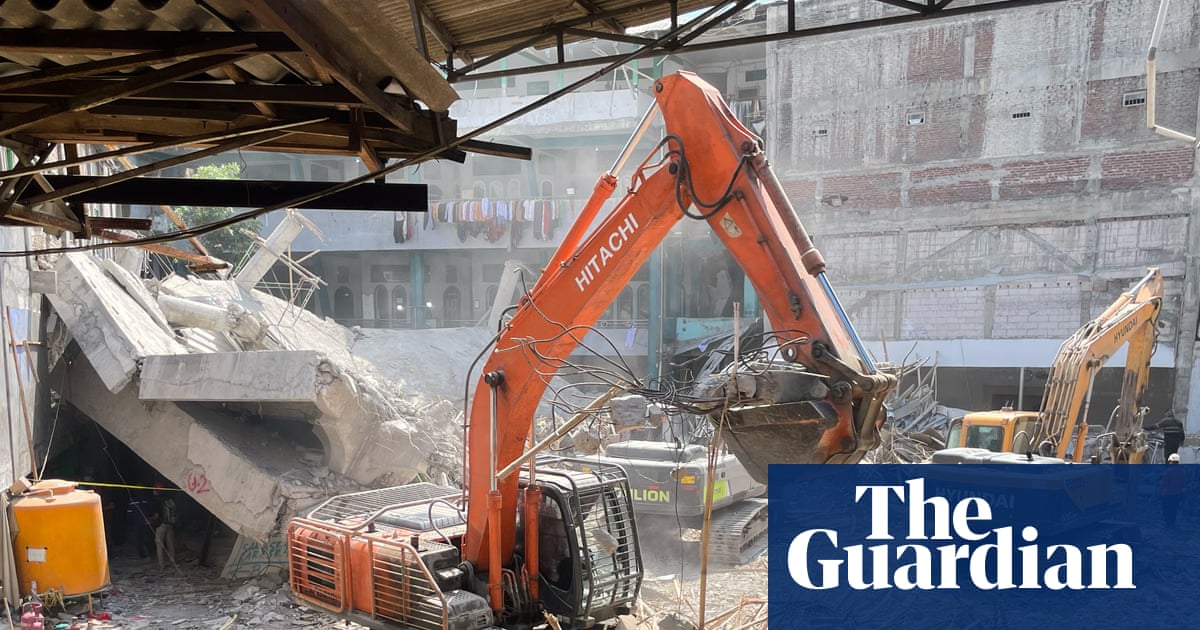
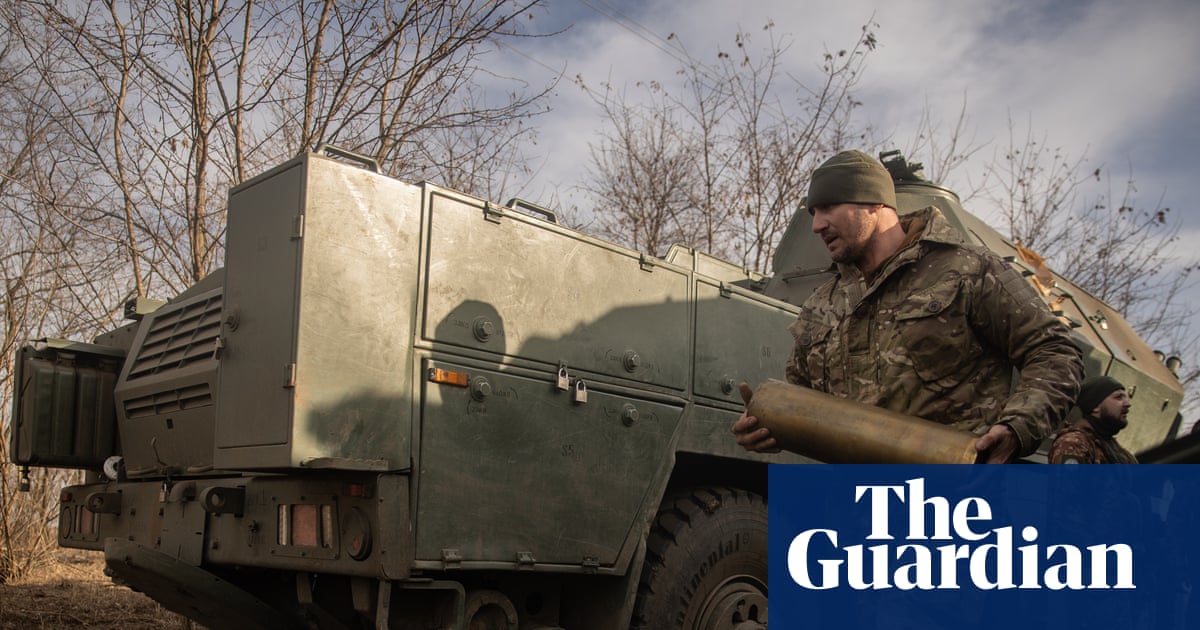

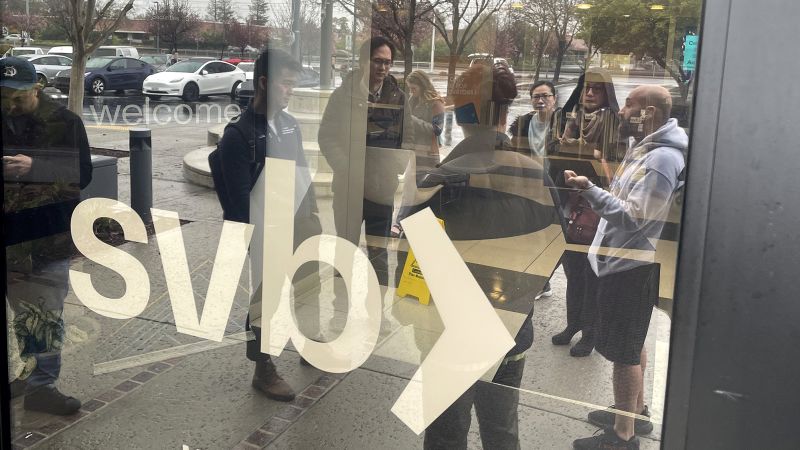

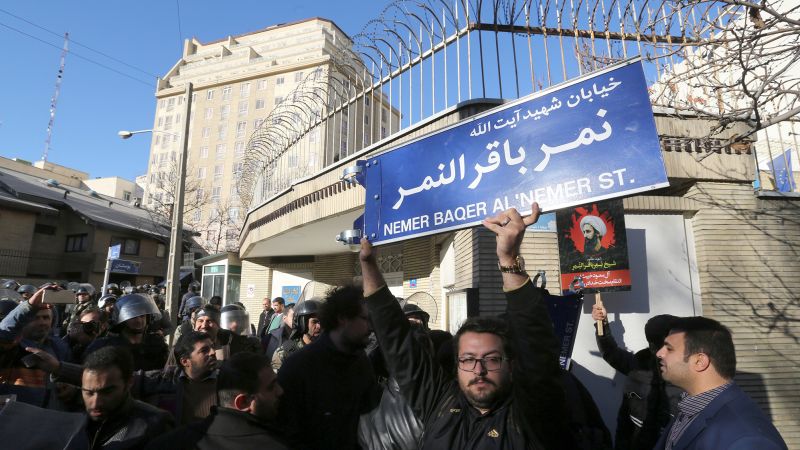
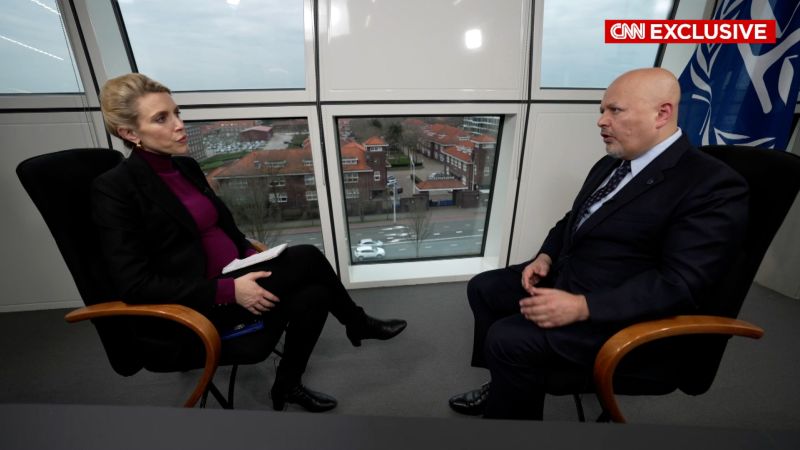
 English (US)
English (US)